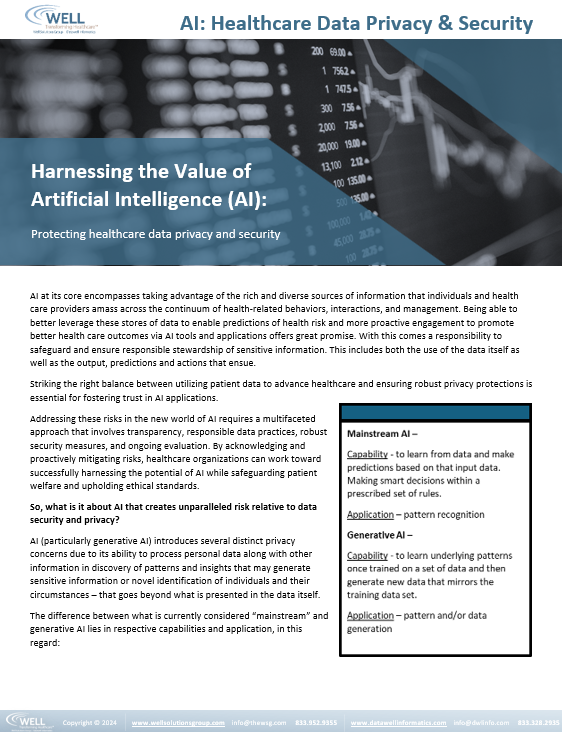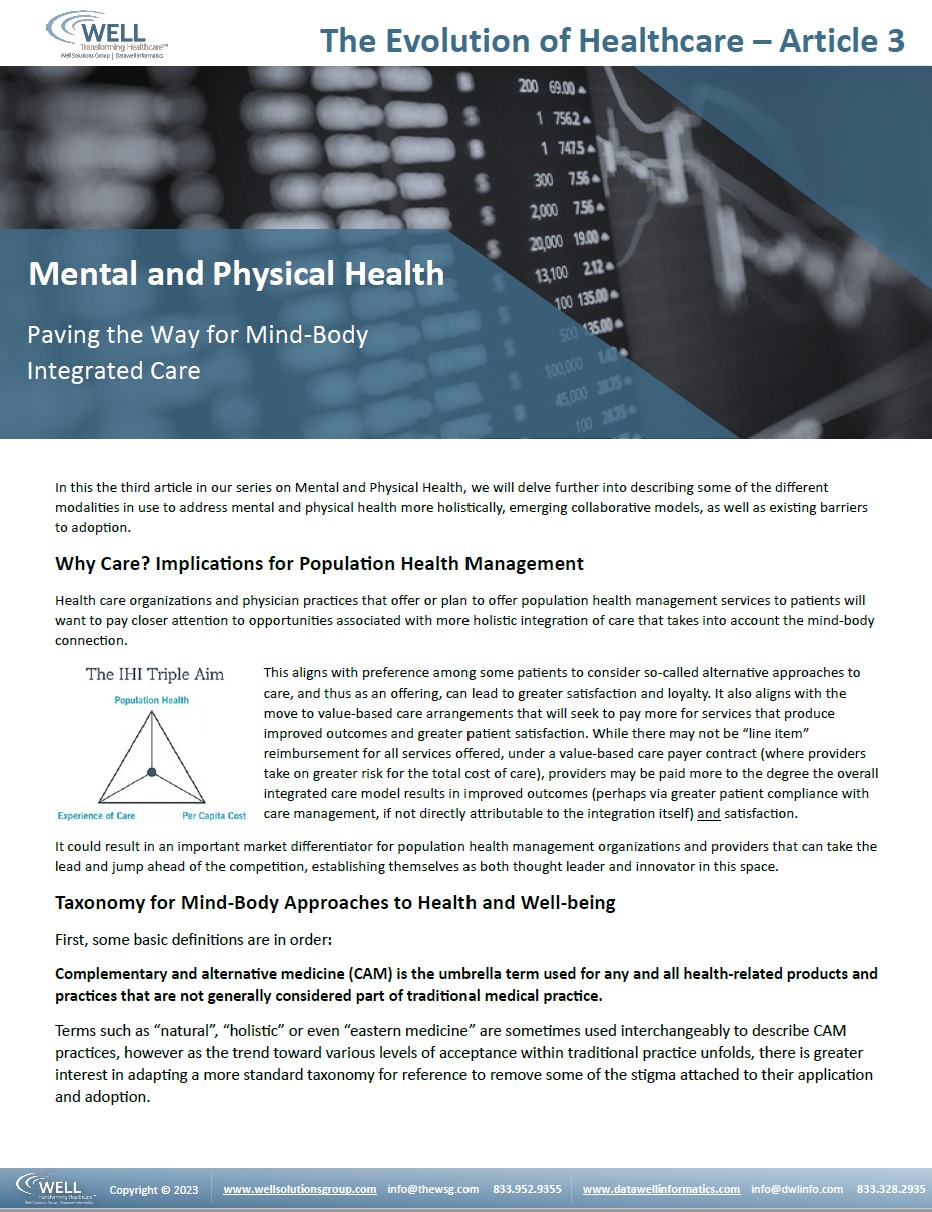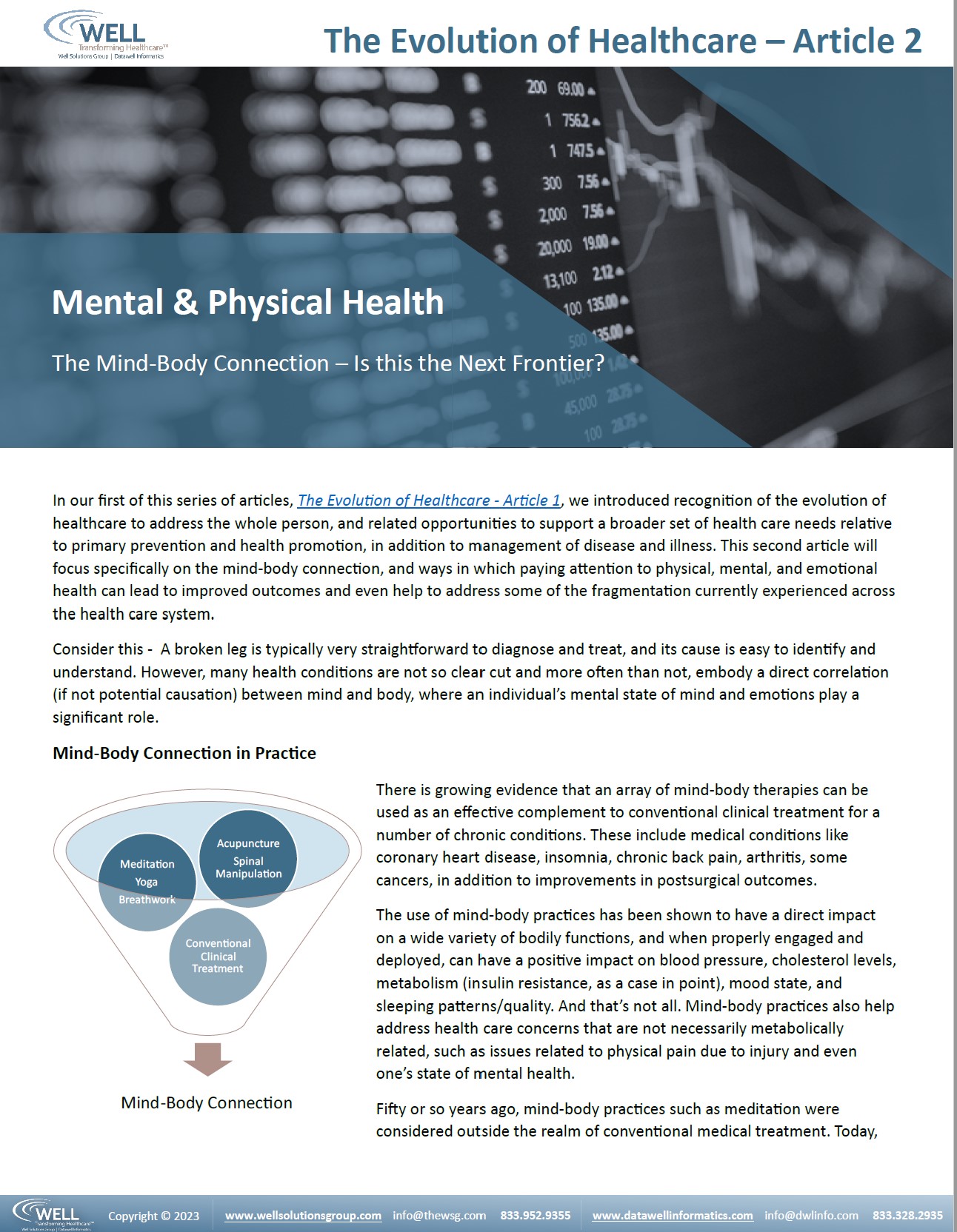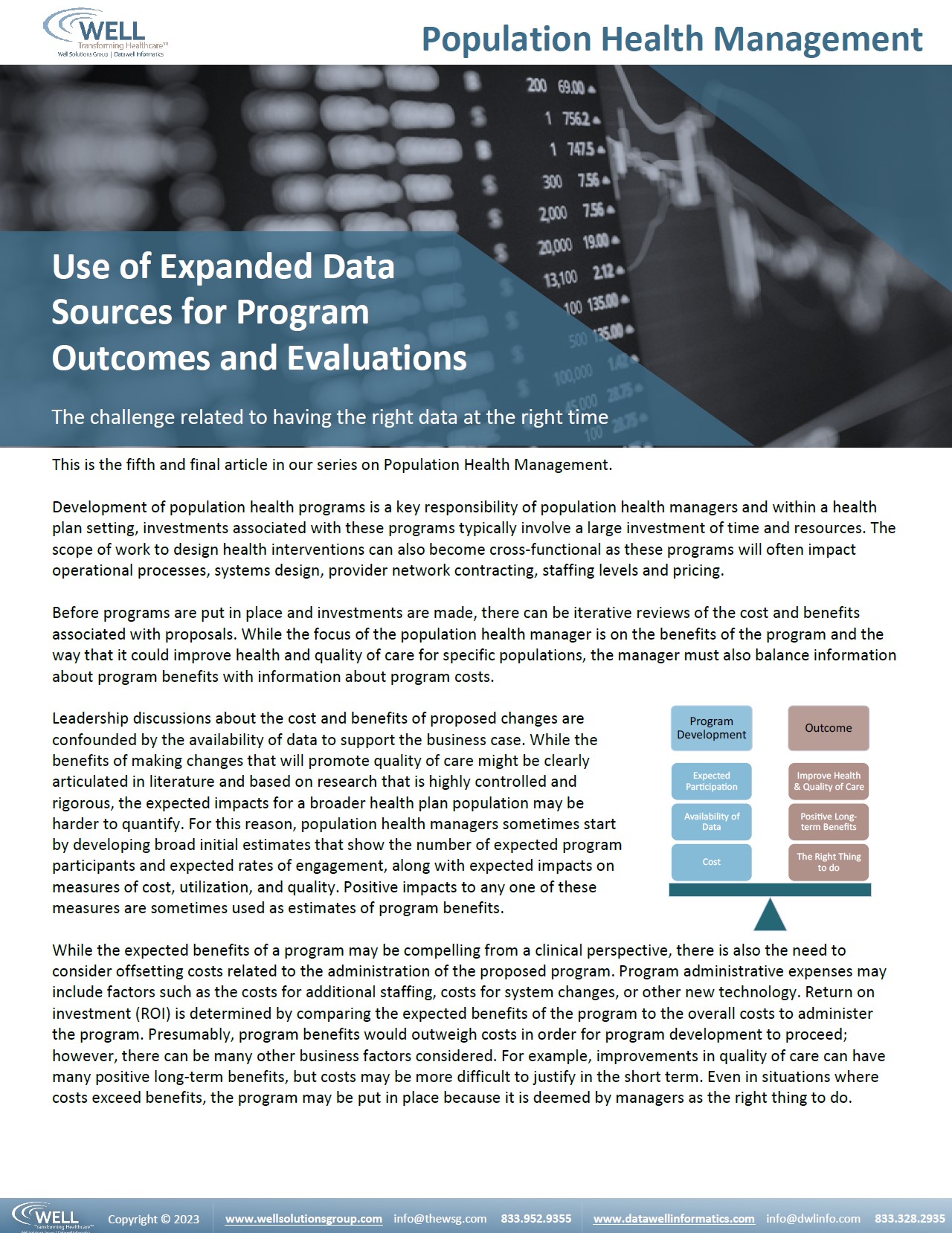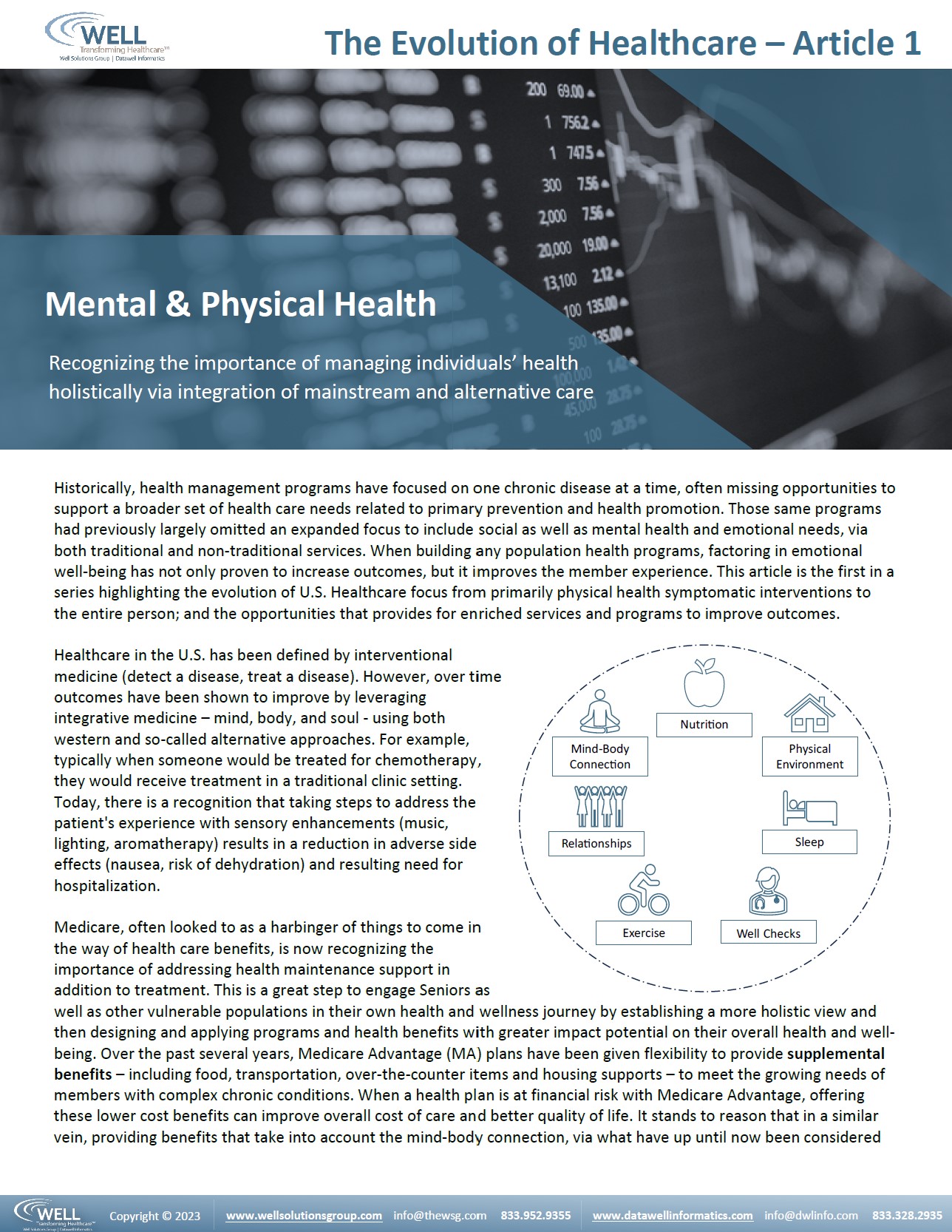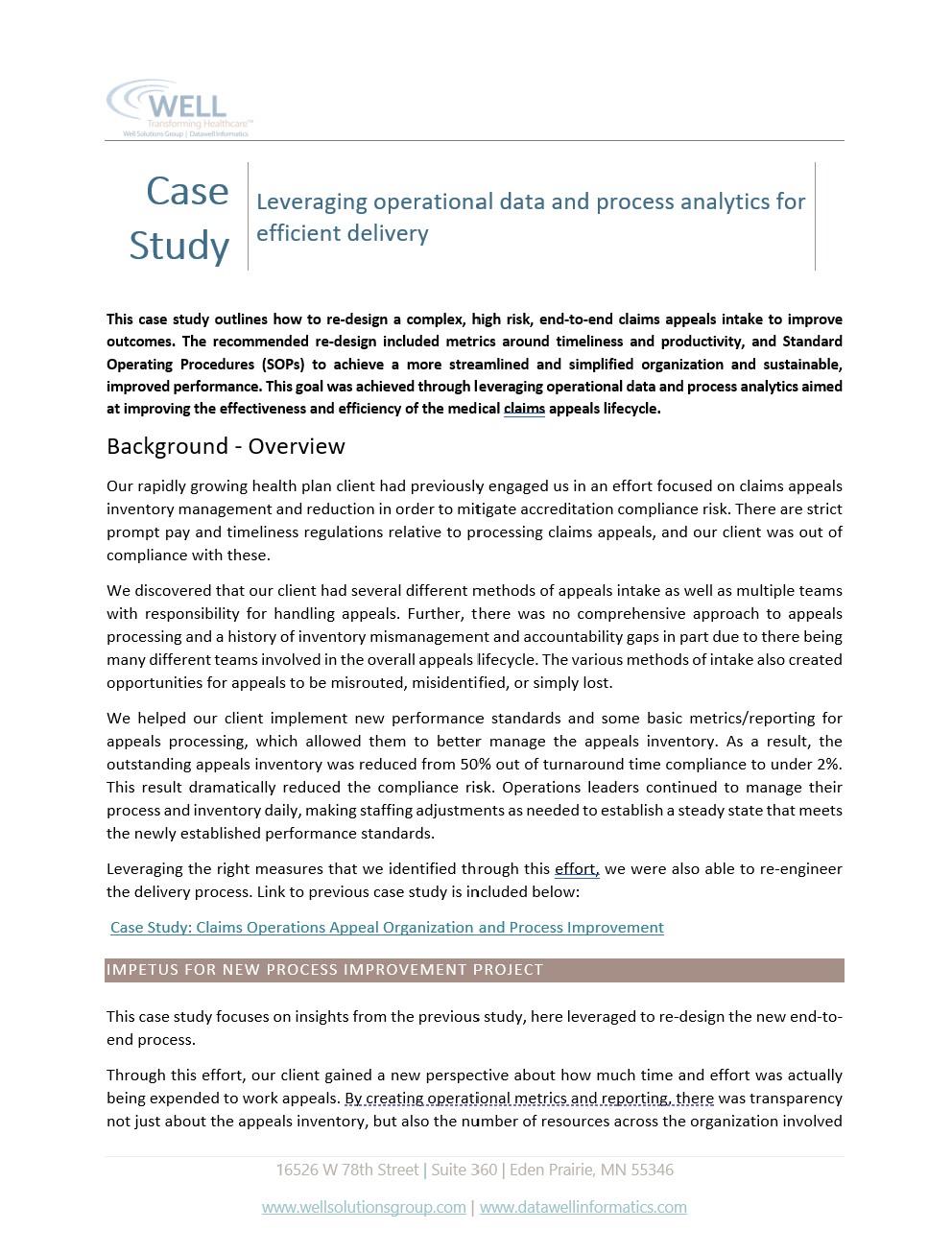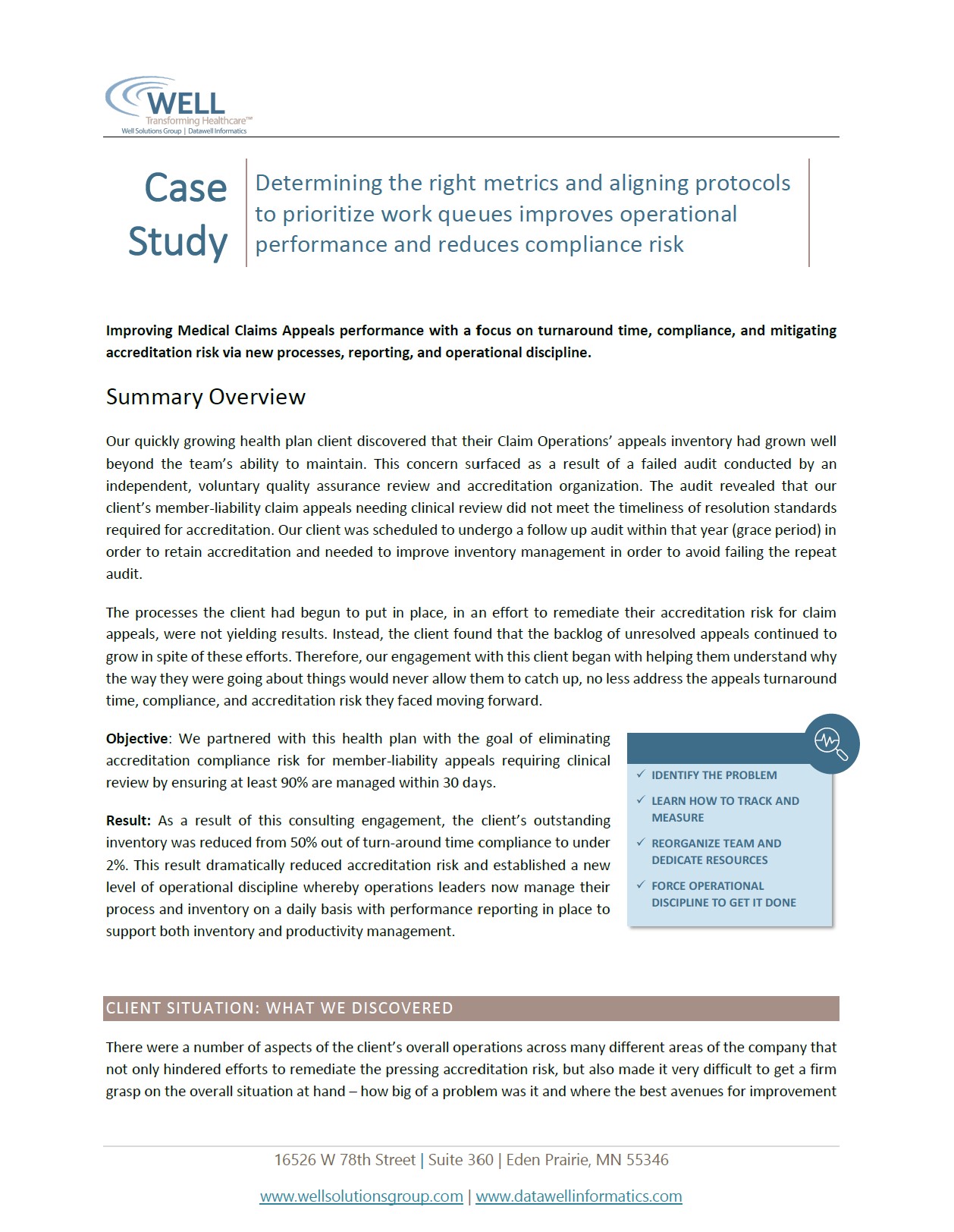In the News
Stories and trends changing the healthcare landscape

AI: Healthcare Data Privacy & Security – March 2024
Harnessing the Value of Artificial Intelligence (AI):
Protecting healthcare data privacy and security
AI at its core encompasses taking advantage of the rich and diverse sources of information that individuals and health care providers amass across the continuum of health-related behaviors, interactions, and management. Being able to better leverage these stores of data to enable predictions of health risk and more proactive engagement to promote better health care outcomes via AI tools and applications offers great promise. With this comes a responsibility to safeguard and ensure responsible stewardship of sensitive information. This includes both the use of the data itself as well as the output, predictions and actions that ensue.
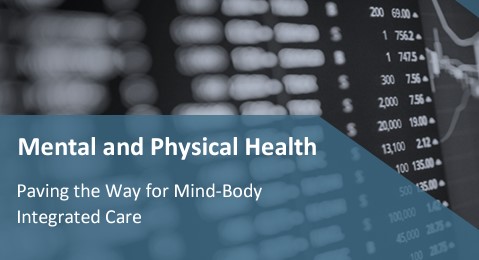
The Evolution of Healthcare – Article 3 – November 2023
Mental & Physical Health
Paving the Way for Mind-Body Integrated Care
In this the third article in our series on Mental and Physical Health, we will delve further into describing some of the different modalities in use to address mental and physical health more holistically, emerging collaborative models, as well as existing barriers to adoption.
Health care organizations and physician practices that offer or plan to offer population health management services to patients will want to pay closer attention to opportunities associated with more holistic integration of care that takes into account the mind-body connection.
The Evolution of Healthcare – Article 2 – October 2023
Mental & Physical Health
The Mind-Body Connection – Is this the Next Frontier?
In our first of this series of articles, The Evolution of Healthcare – Article 1, we introduced recognition of the evolution of healthcare to address the whole person, and related opportunities to support a broader set of health care needs relative to primary prevention and health promotion, in addition to management of disease and illness. This second article will focus specifically on the mind-body connection, and ways in which paying attention to physical, mental, and emotional health can lead to improved outcomes and even help to address some of the fragmentation currently experienced across the health care system.
Analytics for Population Health Management – Article 5 – September 2023
Use of Expanded Data Sources for Program Outcomes and Evaluations
The challenge related to having the right data at the right time.
Development of population health programs is a key responsibility of population health managers and within a health plan setting, investments associated with these programs typically involve a large investment of time and resources. The scope of work to design health interventions can also become cross-functional as these programs will often impact operational processes, systems design, provider network contracting, staffing levels and pricing.
The Evolution of Healthcare – Article 1 – September 2023
Mental & Physical Health
Recognizing the importance of managing individuals’ health holistically via integration of mainstream and alternative care
Historically, health management programs have focused on one chronic disease at a time, often missing opportunities to support a broader set of health care needs related to primary prevention and health promotion. Those same programs had previously largely omitted an expanded focus to include social as well as mental health and emotional needs, via both traditional and non-traditional services. When building any population health programs, factoring in emotional well-being has not only proven to increase outcomes, but it improves the member experience. This article is the first in a series highlighting the evolution of U.S. Healthcare focus from primarily physical health symptomatic interventions to the entire person; and the opportunities that provides for enriched services and programs to improve outcomes.
Analytics for Population Health Management – Article 4 – July 2023
Expanding Data Sources for Identification of Risk – Population Health Re-Imagined
Healthcare organizations are increasingly using additional sources of data to augment their understanding and insights into the populations they serve, for a variety of purposes – from forecasting health outcomes and future use of services to development of strategies for outreach and engagement.
As good fortune would have it, the advent of electronic medical records and other home monitoring devices opens up new possibilities for incorporating relevant data about individuals under review within the health program evaluation framework.
Analytics for Population Health Management – Article 3 – May 2023
Accounting for Health Risk and Disease Prevalence
Population Health Management requires providers and program managers to maintain a delicate balance between taking a longer-term view of a target population (patient) experience and outcomes versus a short-term focus on individuals participating in a health management program and their near-term cost, utilization and outcomes. It is often difficult to see the forest for the trees, when too much of the analytic focus is centered around short-term experience, particularly when measured by cost and utilization results.
Analytics for Population Health Management – Article 2 – May 2023
Using a cost and utilization lens to evaluate and improve health care delivery
As interest in improving care management grows, it is important to establish which models of care are most effective. As described in our first article in this series on “Analytics for Population Health Management”, it has now been over ten years since the Institute for Healthcare Improvement (IHI) introduced the Triple Aim framework, which has served to ignite the realization that quality of care (done right) will not only improve patient experience, but also leads to improvements in overall population health and potential to reduce health care costs. The Triple Aim framework also served to highlight the unintended consequences of cost-cutting without an understanding of potential to put quality at risk. The IHI model represented the idea that evaluation of population health management programs and services should not simply look at cost drivers at the population level but must also take into consideration the drivers of individual level quality and outcomes. This article offers some perspective and suggestions for how to accomplish this.
Case Study – Leveraging Operational Data and Process Analytics for Efficient Delivery – March 2023
This case study outlines how to re-design a complex, high risk, end-to-end claims appeals intake to improve outcomes. The recommended re-design included metrics around timeliness and productivity, and Standard Operating Procedures (SOPs) to achieve a more streamlined and simplified organization and sustainable, improved performance. This goal was achieved through leveraging operational data and process analytics aimed at improving the effectiveness and efficiency of the medical claims appeals lifecycle.
Case Study – Managing with the Right Metrics – February 2023
Improving operational performance and delivery through identifying and measuring the key metrics, with a focus on aging and turnaround time, compliance, mitigating accreditation risk via new processes, reporting, and operational discipline.


